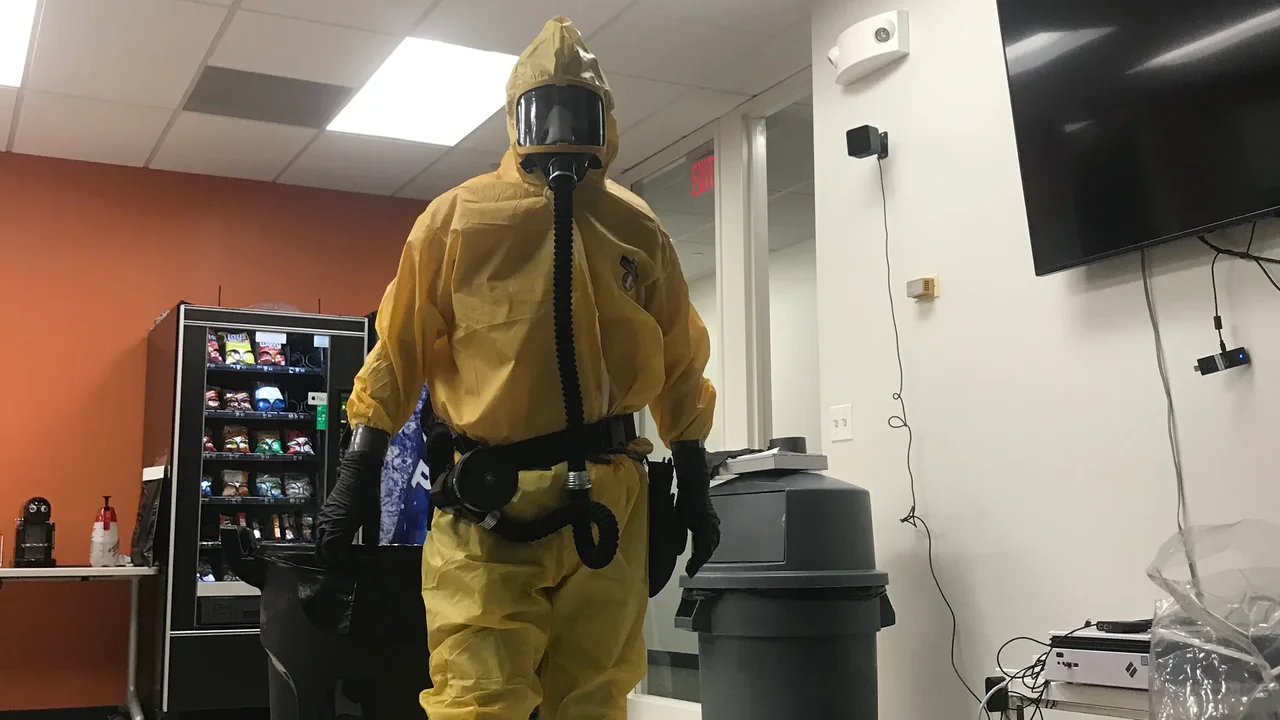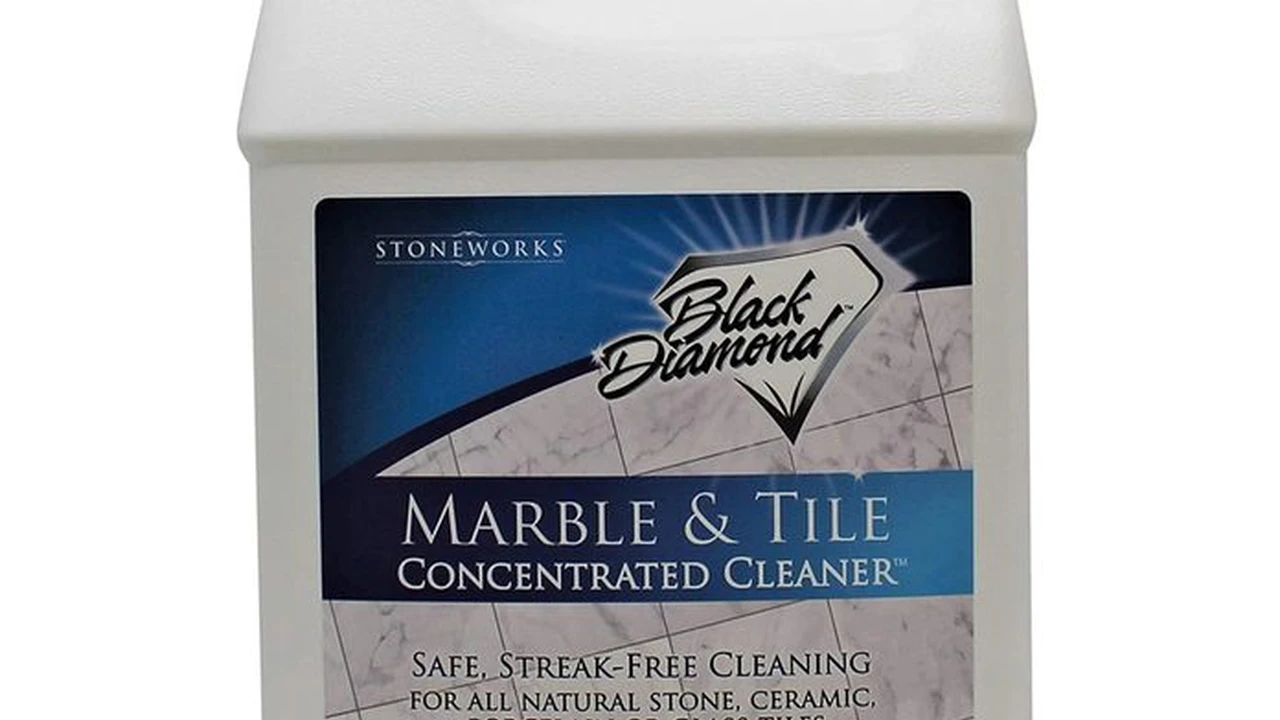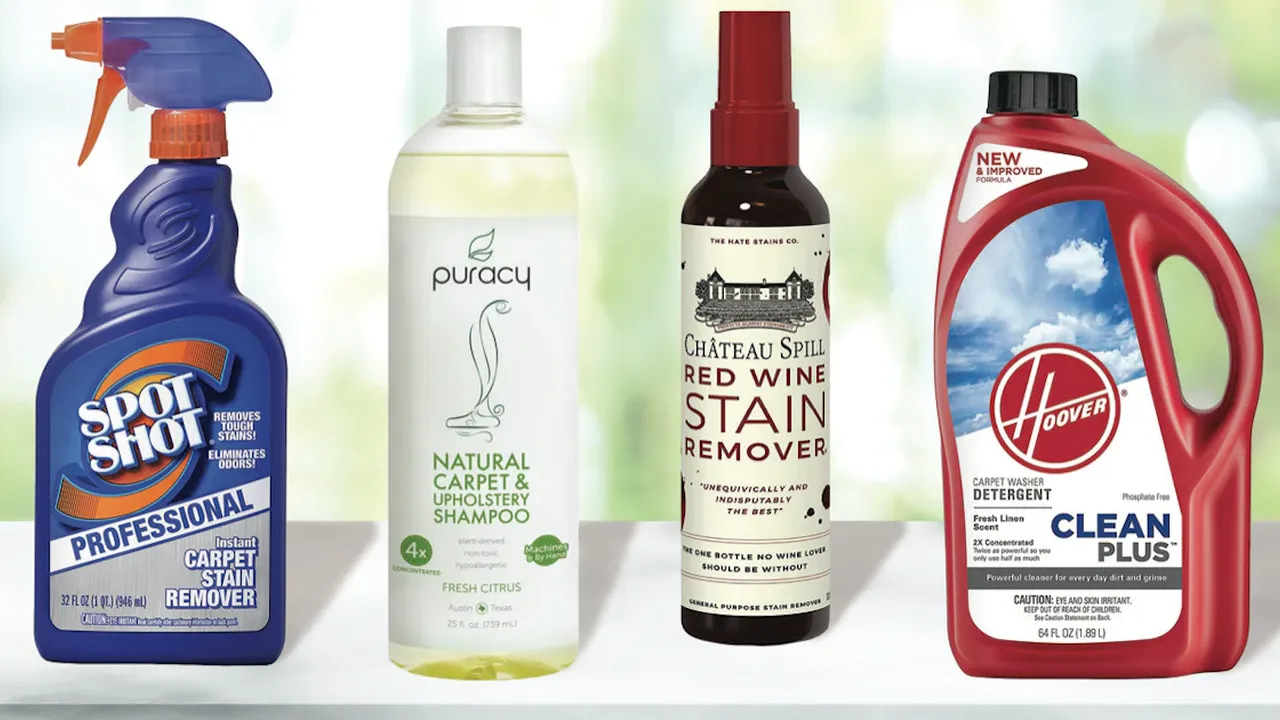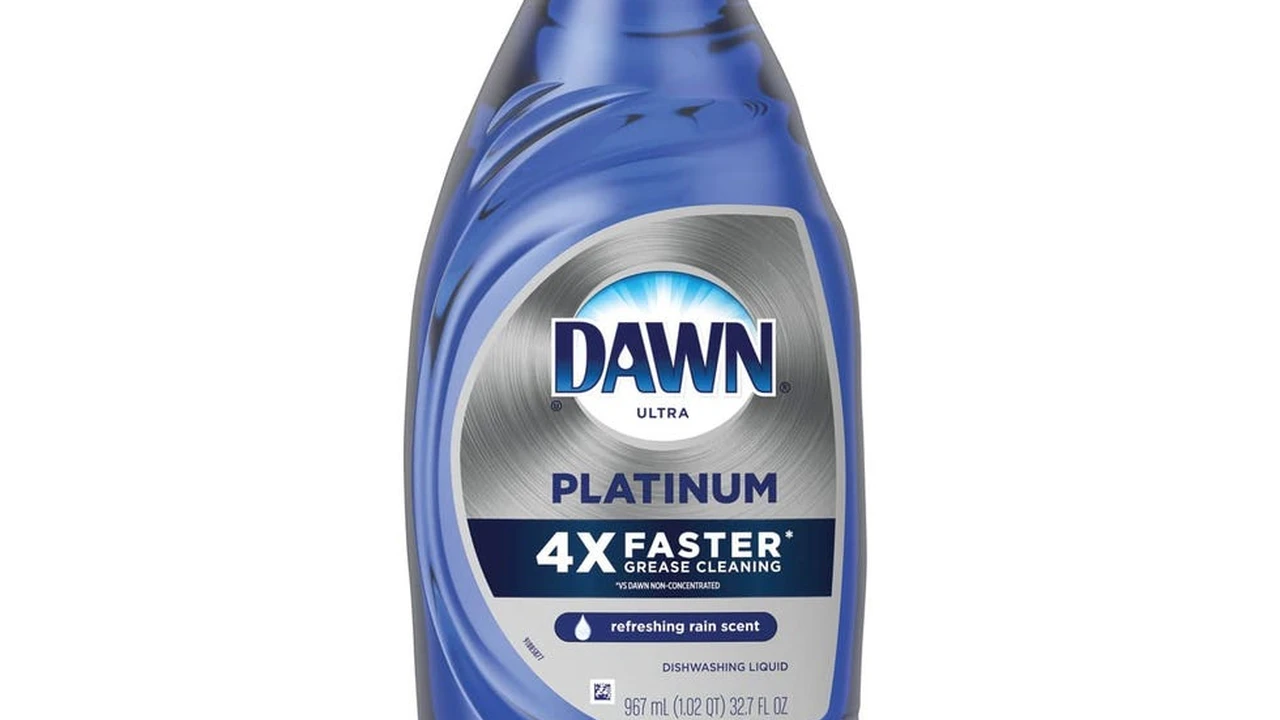Crime Scene Cleanup Services: Restoring Peace of Mind

Understanding the Importance of Crime Scene Cleanup Services and Biohazard Remediation
Dealing with the aftermath of a crime or traumatic event is incredibly difficult. It's not just the emotional toll; there's also the physical cleanup, which often involves biohazards. That's where specialized crime scene cleanup services come in. We're not just talking about mopping up a mess; we're talking about restoring safety and peace of mind. This isn't your average cleaning gig; it requires specialized training, equipment, and a whole lot of compassion.
What Makes Crime Scene Cleanup Different From Regular Cleaning? Biohazard Waste Disposal and Safety Protocols
Think about it: crime scenes often involve blood, bodily fluids, and other potentially infectious materials. Regular cleaning products just won't cut it. These biohazards pose a serious health risk, and improper handling can lead to the spread of disease. Crime scene cleanup technicians are trained to identify, contain, and remove these hazards safely and effectively. They use specialized disinfectants, personal protective equipment (PPE), and follow strict protocols to ensure the area is thoroughly sanitized and safe for re-entry. This includes proper biohazard waste disposal according to local and federal regulations. Ignoring these protocols can lead to serious legal and health consequences. We're talking hefty fines and potential exposure to dangerous pathogens.
The Emotional Impact of Traumatic Events and Why Professional Cleanup is Crucial
Let's be honest, cleaning up after a traumatic event can be incredibly distressing. It's a constant reminder of what happened, and it can hinder the healing process. Hiring professionals allows you to focus on grieving and recovery, knowing that the cleanup is being handled with care and respect. It allows families to avoid further traumatization and begin the healing process sooner. Plus, we're trained to handle the situation with sensitivity and discretion. We understand the emotional burden, and we're here to support you every step of the way.
Detailed Breakdown of the Crime Scene Cleanup Process: From Assessment to Remediation
So, what exactly does crime scene cleanup involve? It's a multi-step process that begins with a thorough assessment of the scene. We identify all biohazards and determine the extent of the contamination. Then, we develop a customized cleanup plan. This typically involves:
- Containment: Preventing the spread of contamination by sealing off affected areas.
- Removal: Carefully removing all visible biohazards, like blood and bodily fluids.
- Disinfection: Applying hospital-grade disinfectants to kill any remaining pathogens. We often use a combination of disinfectants to ensure complete sanitation.
- Odor Removal: Addressing lingering odors with specialized equipment and techniques. Odor removal is crucial for restoring a sense of normalcy to the environment.
- Verification: Testing the area to ensure it's safe for re-entry. We use ATP testing to verify that surfaces are free of organic matter.
- Proper Disposal: All biohazardous waste is disposed of according to strict regulations.
Specific Cleaning Products Recommended for Crime Scene Cleanup: Features, Uses, and Comparative Analysis
The specific cleaning products used in crime scene cleanup are crucial for effective biohazard remediation. Here's a look at some essential products:
EPA-Registered Disinfectants: The Cornerstone of Biohazard Cleaning
These are broad-spectrum disinfectants specifically designed to kill a wide range of pathogens, including bacteria, viruses, and fungi. Always look for an EPA registration number, which indicates that the product has been tested and approved for use against specific biohazards. These disinfectants are available in various forms, including sprays, wipes, and concentrates.
Product Recommendation: Sporicidin Disinfectant Solution. This is a high-level disinfectant that's effective against a wide range of pathogens, including C. difficile spores, MRSA, and VRE. It's commonly used in hospitals and healthcare facilities, making it a reliable choice for crime scene cleanup.
Use Case: Apply Sporicidin to contaminated surfaces after removing visible biohazards. Allow it to dwell for the recommended time (usually 10 minutes) to ensure complete disinfection.
Enzymatic Cleaners: Breaking Down Organic Matter at a Molecular Level
Enzymatic cleaners contain enzymes that break down organic matter like blood, urine, and feces. They're particularly effective at removing stains and odors that can linger even after disinfection. These cleaners are often used in conjunction with disinfectants for a thorough cleaning process.
Product Recommendation: BactraSolve Enzyme Digester. This product contains a blend of enzymes that effectively break down a variety of organic materials. It's also safe to use on most surfaces and leaves behind a pleasant scent.
Use Case: Apply BactraSolve to areas with lingering stains or odors. Allow it to dwell for the recommended time (usually 15-30 minutes) before wiping clean.
Hydrogen Peroxide-Based Cleaners: Powerful Oxidizers for Stain Removal and Disinfection
Hydrogen peroxide-based cleaners are powerful oxidizers that can effectively remove stains and disinfect surfaces. They're also relatively environmentally friendly, as they break down into water and oxygen.
Product Recommendation: Benefect Decon 30 Disinfectant. This product is based on thymol (a component of thyme oil) and is effective against a wide range of pathogens. It's also environmentally friendly and safe to use around people and pets.
Use Case: Use Benefect Decon 30 to disinfect surfaces and remove stains. It can be sprayed directly onto surfaces or applied with a cloth.
Odor Neutralizers: Eliminating Lingering Smells After Crime Scene Cleanup
Odor neutralizers are essential for eliminating lingering smells after crime scene cleanup. These products work by absorbing or neutralizing odor molecules, rather than simply masking them.
Product Recommendation: Odorcide 210 Concentrate. This product contains a blend of natural enzymes and odor counteractants that effectively eliminate a wide range of odors. It can be used in a variety of applications, including spraying, fogging, and adding to cleaning solutions.
Use Case: Use Odorcide 210 to eliminate lingering odors after cleaning and disinfection. It can be sprayed directly into the air or applied to surfaces.
Personal Protective Equipment (PPE): Protecting Yourself During Biohazard Cleanup
PPE is essential for protecting yourself from exposure to biohazards during crime scene cleanup. This includes:
- Gloves: Nitrile gloves are the best choice for biohazard cleanup, as they provide excellent protection against chemicals and pathogens.
- Masks: N95 respirators are recommended for protecting against airborne particles.
- Eye Protection: Goggles or face shields protect your eyes from splashes and sprays.
- Protective Suits: Tyvek suits provide full-body protection against biohazards.
Comparing Different Cleaning Products: Cost, Effectiveness, and Safety Considerations
When choosing cleaning products for crime scene cleanup, it's important to consider cost, effectiveness, and safety. Here's a brief comparison of the products mentioned above:
| Product | Cost | Effectiveness | Safety |
|---|---|---|---|
| Sporicidin Disinfectant Solution | High | Excellent (broad-spectrum disinfectant) | Can be irritating to skin and eyes; requires proper ventilation |
| BactraSolve Enzyme Digester | Moderate | Good (effective at breaking down organic matter) | Relatively safe; may cause mild skin irritation in some individuals |
| Benefect Decon 30 Disinfectant | Moderate | Good (broad-spectrum disinfectant; environmentally friendly) | Relatively safe; may cause mild skin irritation in some individuals |
| Odorcide 210 Concentrate | Moderate | Excellent (effective at eliminating a wide range of odors) | Relatively safe; may cause mild skin irritation in some individuals |
Pricing Information (Approximate):
- Sporicidin Disinfectant Solution (1 gallon): $80 - $120
- BactraSolve Enzyme Digester (1 gallon): $50 - $80
- Benefect Decon 30 Disinfectant (1 gallon): $60 - $90
- Odorcide 210 Concentrate (1 gallon): $70 - $100
Note: Prices may vary depending on the supplier and quantity purchased.
Case Studies: Real-Life Examples of Successful Crime Scene Cleanup Operations
Let's look at some real-life examples to illustrate the importance of professional crime scene cleanup:
Case Study 1: Unattended Death Cleanup
An elderly woman passed away alone in her apartment. Her body remained undiscovered for several days, resulting in significant decomposition. The family contacted a professional crime scene cleanup company to handle the biohazard remediation. The technicians carefully removed all contaminated materials, disinfected the area, and eliminated lingering odors. The apartment was then safe for the family to begin the process of grieving and settling the estate.
Case Study 2: Homicide Cleanup
A violent crime occurred in a family home. The scene was heavily contaminated with blood and bodily fluids. The police conducted their investigation, and then the family contacted a professional cleanup company. The technicians meticulously cleaned and disinfected the entire area, removing all traces of the crime. The family expressed gratitude for the compassionate and professional service, which allowed them to begin the healing process.
The Legal and Ethical Considerations of Crime Scene Cleanup: Regulations and Best Practices
Crime scene cleanup is subject to various legal and ethical considerations. It's crucial to be aware of these regulations to ensure compliance and protect public health. Key considerations include:
- OSHA Regulations: The Occupational Safety and Health Administration (OSHA) has specific regulations regarding bloodborne pathogens and hazardous waste disposal.
- EPA Regulations: The Environmental Protection Agency (EPA) regulates the disposal of biohazardous waste.
- State and Local Regulations: Many states and local governments have their own regulations regarding crime scene cleanup.
- Privacy and Confidentiality: Maintaining the privacy and confidentiality of the victims and their families is paramount.
- Ethical Disposal: Ensuring that all biohazardous waste is disposed of in an ethical and responsible manner.
Finding Reputable Crime Scene Cleanup Services: Certification, Insurance, and Experience
When choosing a crime scene cleanup company, it's essential to look for certain qualifications:
- Certification: Look for companies that are certified by reputable organizations, such as the IICRC (Institute of Inspection, Cleaning and Restoration Certification).
- Insurance: Ensure that the company has adequate liability insurance to cover any potential damages.
- Experience: Choose a company with a proven track record and years of experience in the industry. Ask for references and check online reviews.
- 24/7 Availability: Crime scenes often require immediate attention, so choose a company that offers 24/7 emergency services.
- Compassionate Service: Look for a company that demonstrates compassion and understanding for the emotional distress of the victims and their families.
DIY vs Professional Crime Scene Cleanup: Why Hiring Experts is Usually the Best Choice
While it might be tempting to handle crime scene cleanup yourself to save money, it's usually not the best idea. The risks associated with biohazards and the emotional toll can be significant. Here's why hiring professionals is usually the best choice:
- Safety: Professionals have the training and equipment to handle biohazards safely and effectively.
- Thoroughness: Professionals ensure that the area is thoroughly cleaned and disinfected, eliminating all traces of contamination.
- Emotional Support: Professionals provide compassionate and discreet service, easing the emotional burden on the victims and their families.
- Legal Compliance: Professionals ensure that all cleanup and disposal procedures comply with applicable regulations.
- Peace of Mind: Hiring professionals provides peace of mind, knowing that the cleanup is being handled properly.
:max_bytes(150000):strip_icc()/277019-baked-pork-chops-with-cream-of-mushroom-soup-DDMFS-beauty-4x3-BG-7505-5762b731cf30447d9cbbbbbf387beafa.jpg)






